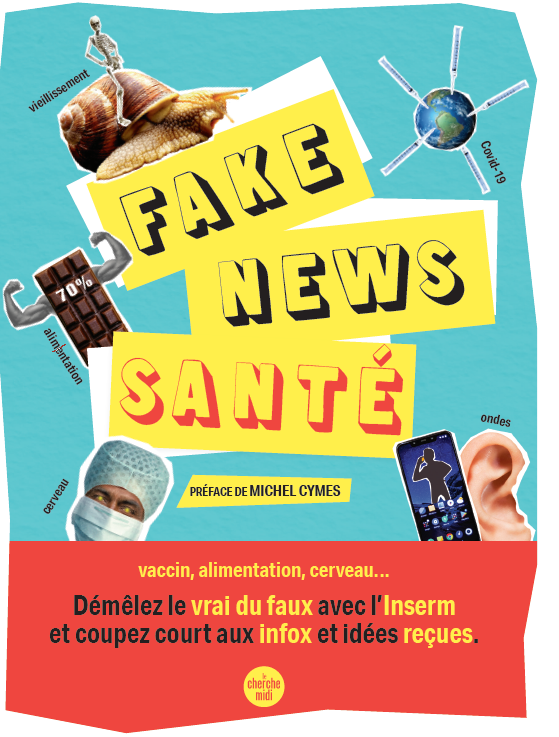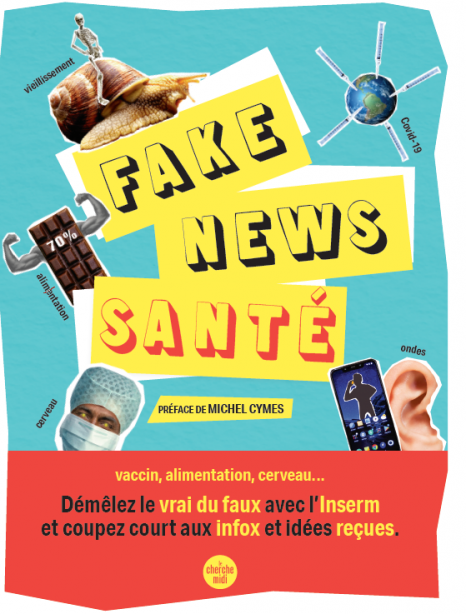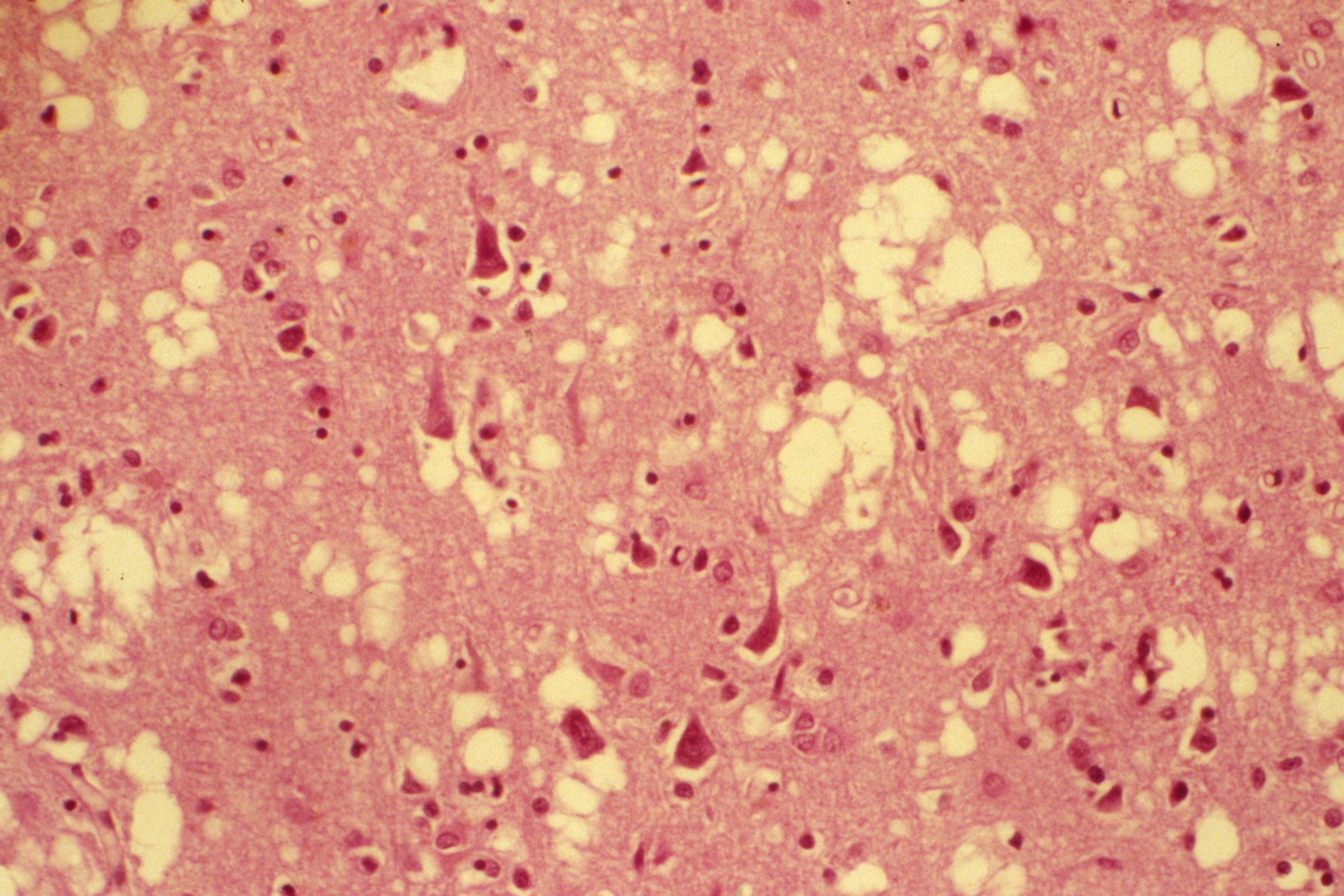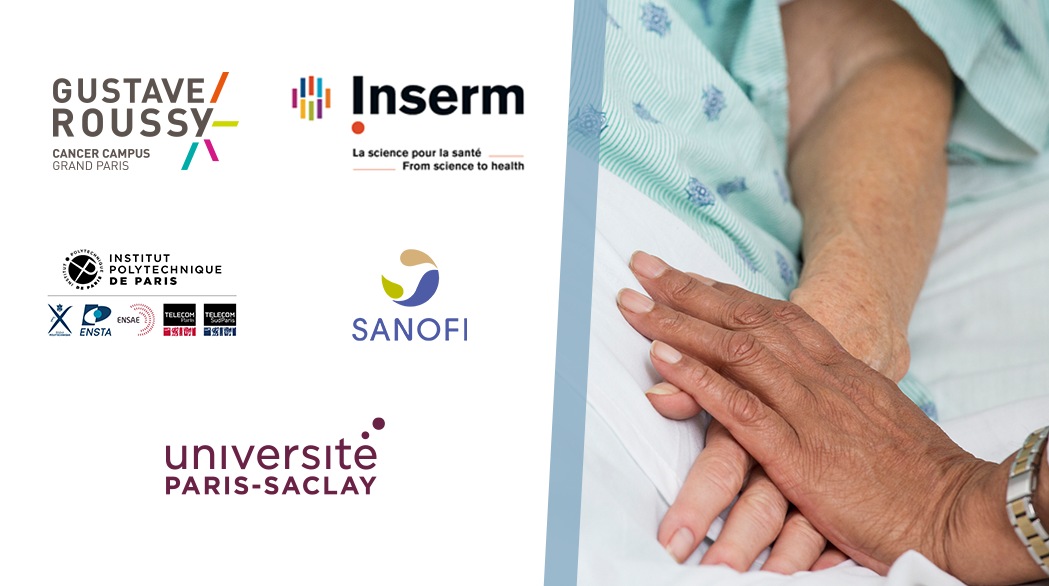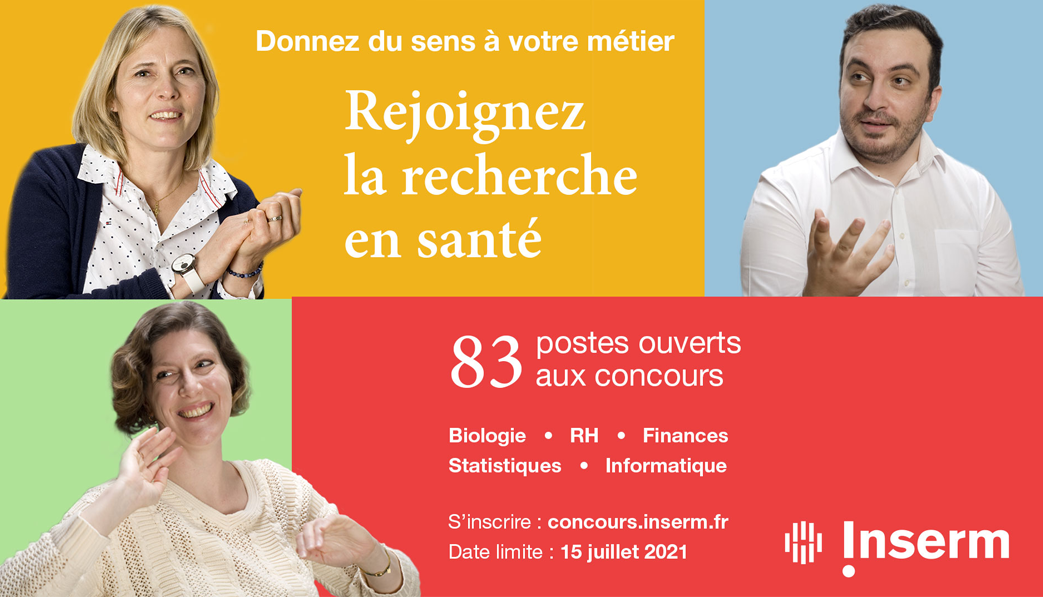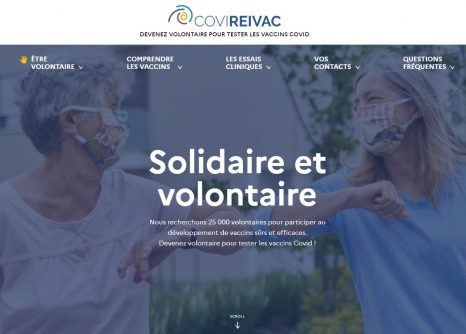The use of animals for scientific purposes is based on the principles of the 3Rs (Replacement, Reduction and Refinement) to provide the best guidance to research and promote responsible and innovative methods. A group of research players comprising Inserm, CNRS, INRAE, Inria, CEA, Institut Pasteur de Paris, CPU, and the association Udice has announced the creation in France of FC3R (France Center 3R) to support the application of the rules resulting from these principles. Founded at the request of the country’s Ministry of Higher Education, Research and Innovation and taking the form of a Scientific Interest Group (GIS) endowed with substantial missions and resources, this structure aims to be recognized in France and Europe as a reference and contact point for all 3R-related questions, in both public and private research.
Structure and composition
Founded by major public research operators1, FC3R will promote synergy and collaboration between the existing entities in the use of animals for scientific purposes, mobilizing the various competences available in order to fulfil its missions. It will operate in close collaboration with the Ministry of Higher Education, Research and Innovation and the Ministry of Agriculture and Food, and will interact with partners in the private sphere.
FC3R will be structured around an initial team of five (director, secretary/administrator, webmaster, and individuals in charge of training and calls for projects, respectively) and it will have its own steering committee, scientific committee, and advisory board/think-tank. It will be attentive to the various stakeholders, especially the associations.
FC3R will be based at the National Veterinary School of Alfort, in Maisons-Alfort, where it will have at its disposal an operational structure and receive strong support from this major player in animal biology education for its training missions.
Main missions
Training in the 3Rs
Make all 3R training opportunities known thanks to a website that lists the existing opportunities in French and English,
Promote the emergence of training by encouraging its partners, whether private or public, to create courses in areas of insufficient provision,
Develop remote training tools (webinars, e-learning, MOOC, etc.),
Provide innovative content: create training modules on emerging approaches or that promote the harmonization of existing approaches,
Develop international openness: make its courses known and recognized in Europe, thereby contributing to the recognition of French training.
Engineering of 3R-compliant projects
Assist with project design: become a point of contact and advice,
Process unpublished data of relevance to the 3Rs: create a platform for the submission of negative results (on the FC3R website), for better dissemination of the knowledge obtained but not published by the authors.
Funding of 3R projects
Hold an annual call for projects to develop and validate research methods improving respect of the 3Rs,
Hold calls for projects on specific 3R-related issues in order to fund the best projects for the development and validation of innovative approaches, involving any public or private partners,
Fund 3R Prizes.
Communication
Implement specific communication following the motto “For responsible and innovative research”,
Create a website and a social media communication strategy: disseminate relevant information on the correct application of the 3Rs and on FC3R-specific activities, primarily for the research sphere, but also civil society.
10-year objectives
Bring about a significant reduction in the number of animals used in experimentation, particularly through longitudinal multimodal approaches, ensure better replacement by invertebrate models or complementary approaches, particularly in vitro, and ensure refinement based on innovative practices,
Ensure training in rigorous and responsible practice, in accordance with the 3Rs, of all students and/or newcomers required to use animals for scientific purposes,
Position FC3R as a key player in France and Europe in the development of alternative methods to the use of animals and on other issues relating to the 3Rs.
1 The founding members of the GIS are Inserm, CNRS, INRAE, INRIA, CEA, Institut Pasteur de Paris, CPU and Udice.


